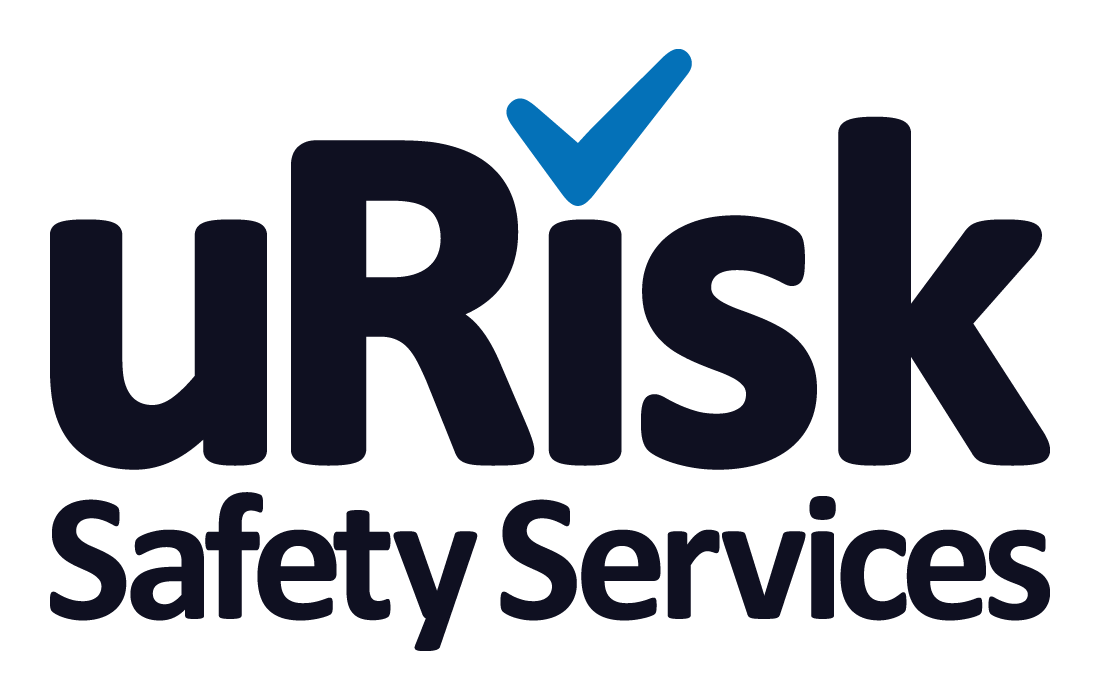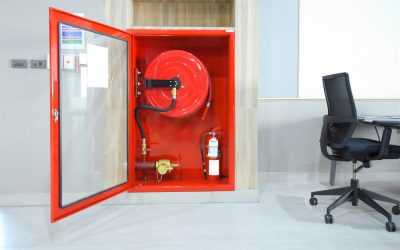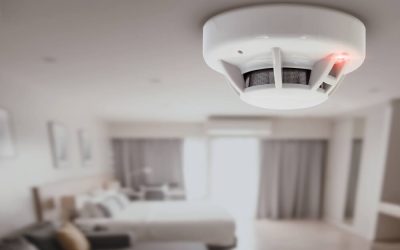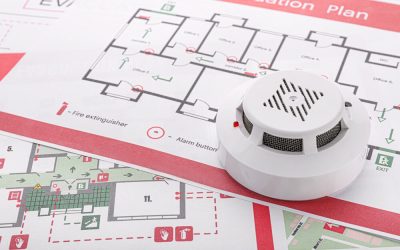What Is a Legionella Risk Assessment?
A legionella risk assessment is a vital part of an employer’s duty of care under the Health and Safety at Work Act 1974. The Act states that it is the employer’s responsibility to protect the health, safety and welfare of employees and other people using the premises. A key part of protecting the health and safety of people on your premises is doing a risk assessment – identifying hazards that may cause injury or illness and taking steps to eliminate those hazards.
A legionella risk assessment is therefore part of your legal responsibilities to protect your water systems from health hazards relating to legionella bacteria. It will check that your hot and cold water systems are working effectively, the pipes and taps are cleaned and disinfected as appropriate, there are appropriate water treatments if required, the stored water temperatures are at the appropriate level and the entire system is being flushed on a regular basis. It is also advisable to do water testing as part of your assessment to ensure there is no risk of a legionella outbreak. We suggest using a legionella thermometer to manage and measure water temperature.
Part of a legionella risk assessment is ensuring there is a responsible person who understands their legal requirement to ensure legionella control measures are properly undertaken, and maintenance checks are reviewed regularly.
Why is it important to do regular legionella risk assessments?
Legionella bacteria are waterborne pathogens. If they get into a human’s lungs – usually through the accidental inhalation of aerosol droplets of contaminated water – they can develop into the potentially fatal Legionnaires’ disease, a severe form of pneumonia that causes flu-like symptoms, chest pains, and breathing difficulties.
Legionnaires’ disease can affect anyone over the age of 45, but the older a person is, the more vulnerable they are to contracting it, and the more likely it is to be deadly. Other groups at high risk of contracting Legionnaires’ disease after being exposed to legionella bacteria include anyone with impaired immunity, people with diabetes, heart, lung or kidney disease, as well as smokers and heavy drinkers.
Legionella control measures
It is important to do what you can to prevent Legionnaires’ disease and ensure your legionella risk assessment does not flag up any concerns. Water storage and temperature is an important part of this – cold water must be stored at temperatures below 20oC and hot water must be stored at temperatures in excess of 50oC.
As legionella bacteria thrive in stagnant water, you need to ensure your water systems are flushed on a regular basis. With most buildings being used on a daily basis, this is usually not a problem. However, if there are areas of your premises that are used less frequently, or the building is vacant, it is a good idea to run every tap for a couple of minutes and flush every toilet on a frequent basis – once a week. This prevents stagnation which in turn prevents the legionella bacteria from being able to thrive.
Legionella training and risk assessments
If you would like to understand more about legionella and its control, you may be interested in our online legionella awareness training. For just £35 + VAT, our online Legionella Awareness Training Course is aimed at giving key personnel a good understanding of the potential risks, safety legislation and your legal duties. If you would like a specialist company to undertake your legionella risk assessment or carry out any part of your legionella compliance, contact us to get a quote.
Legionella and Water Hygiene Blog Posts
Office Fire Risk Assessment
As you would expect, keeping your office safe from the risk of fire is a legal requirement under the Regulatory Reform (Fire Safety) Order 2005. If you are the owner or manager of a business, or landlord of an office building, it is your responsibility to ensure your...
Fire Risk Assessment For Flats
Your legal requirements as a landlord include taking precautions to keep your tenants safe, including when it comes to the risk of fire in flats. As part of the fire safety regulations, fire risk assessments for flats is therefore part of your legal obligation to...
Getting A Risk Assessment For Fire in the UK
As an employer, landlord or facilities manager, it is your legal responsibility to keep everyone who uses your premises safe. A fire risk assessment is an important part of this because it identifies what might cause a fire so you can take steps to prevent one, as...



